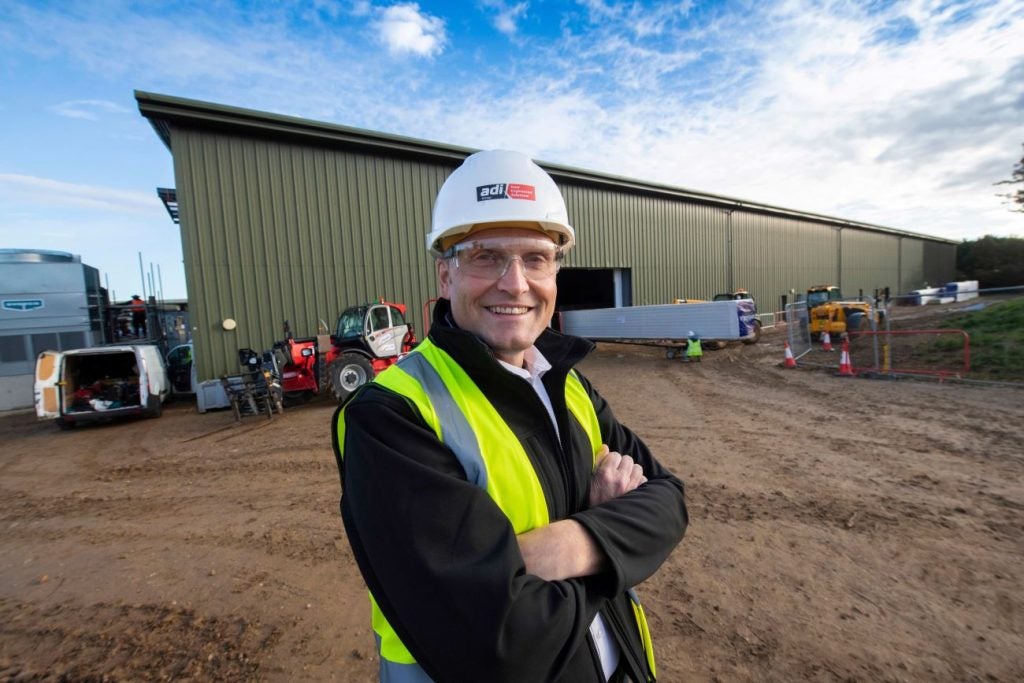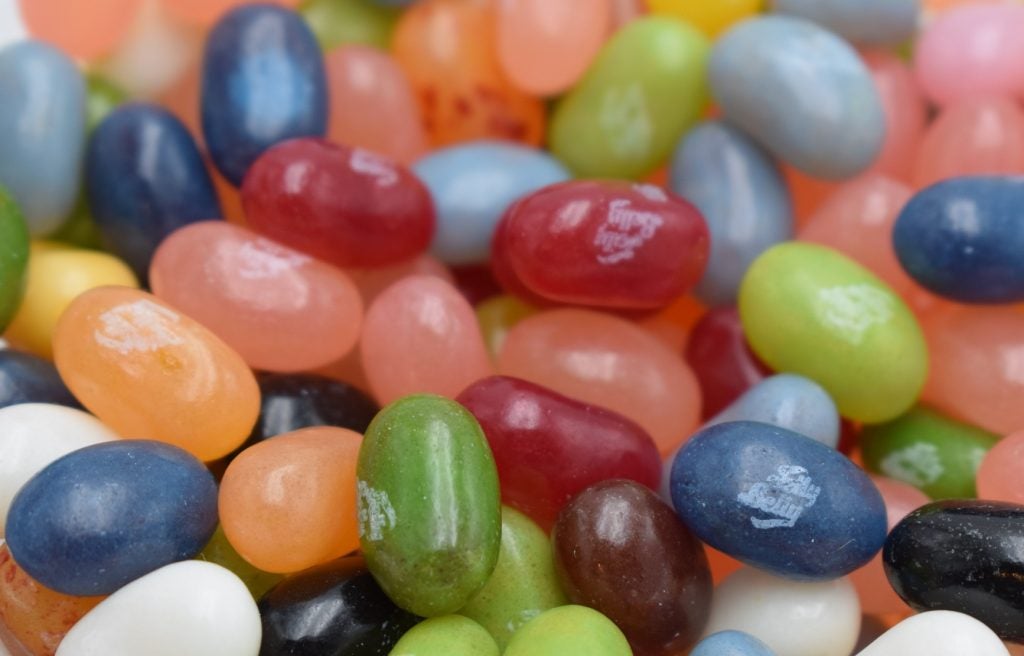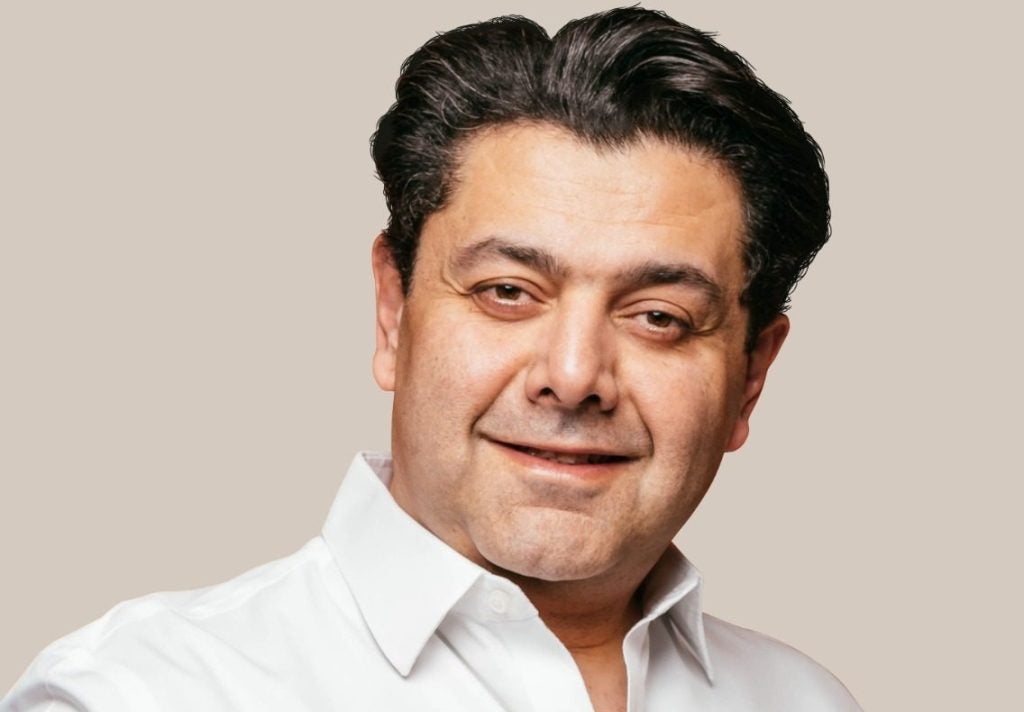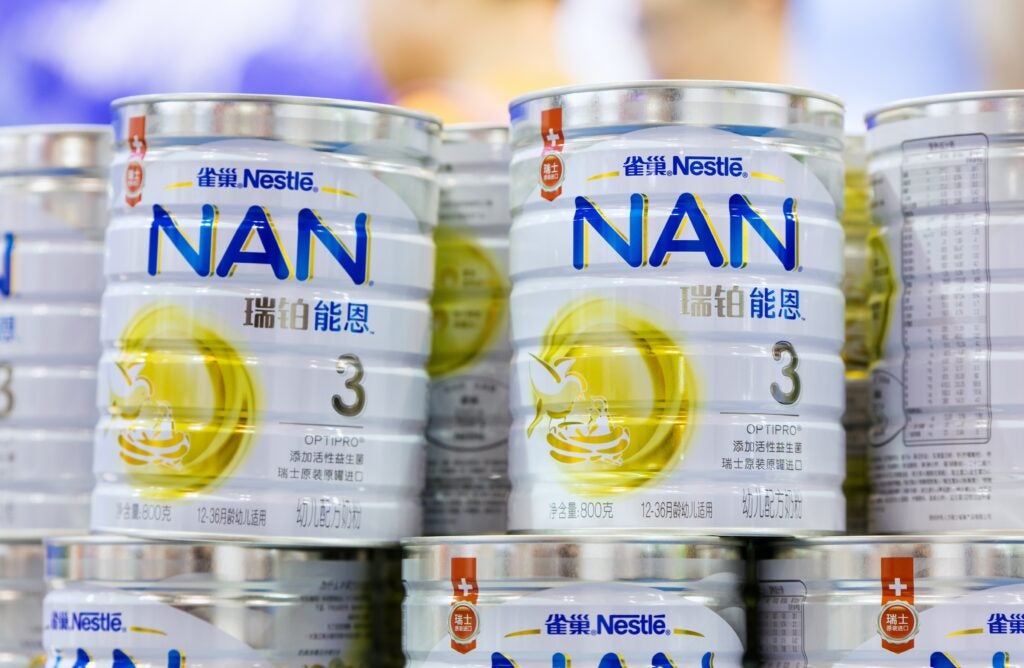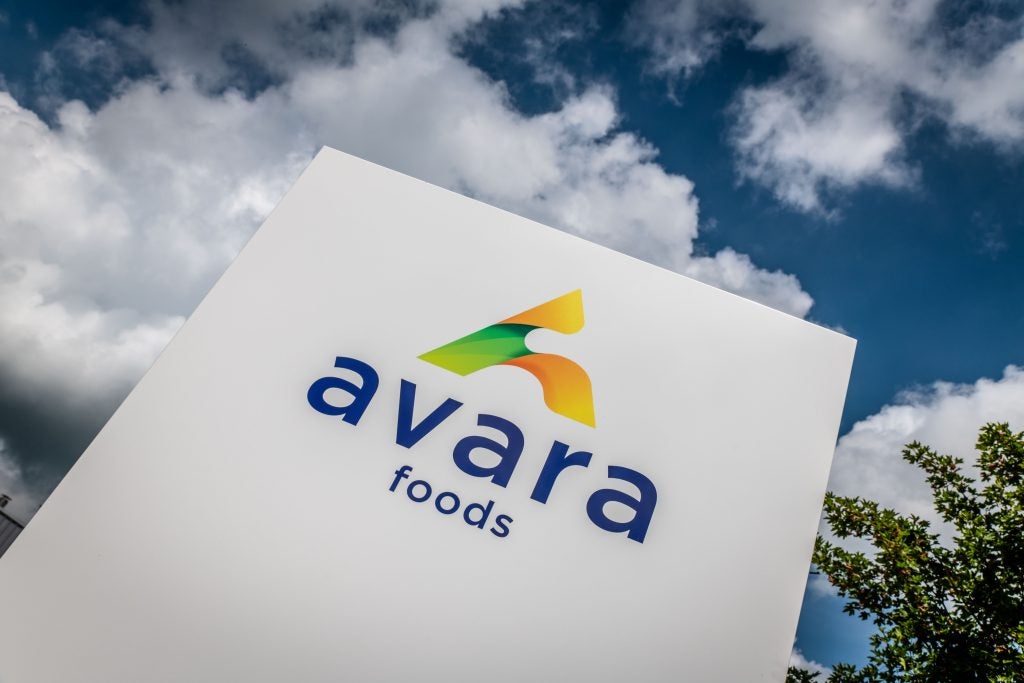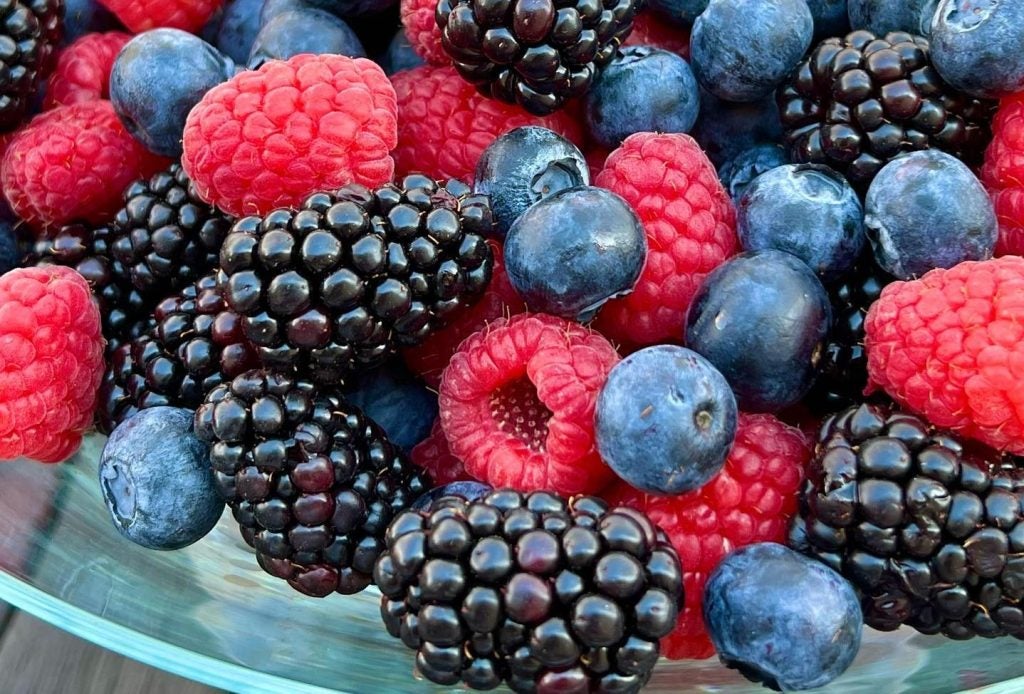UK potato supplier Branston is to open a new mashed potato factory in Lincolnshire in eastern England.
The facility is expected to be operational from spring 2024. Construction started in March this year after the company received the green light for the project in October 2022.
The mashed potato facility is a new venture for the company, which uses around 350,000 tonnes of potato for fresh and prepared products. It has potato cultivation facilities in Scotland, as well as Somerset, where it grows new and salad potatoes.
The new plant will have two main lines producing a range of 14 different products – from ready-to-eat mash and artisan root vegetable recipes to topped jacket potatoes.
The mashed products will be supplied to undisclosed UK supermarkets.
The factory is expected to produce 23 million packs of mashed potatoes in its first year of operation.
While demand for prepared potatoes has been growing in the UK, Branston had been struggling to make mashed products internally, production manager Wayne Mansfield said in a statement.
“It needs highly specialised equipment to produce the quality and consistency as well as the right potatoes. With our potato expertise and access to the best varieties it was a natural decision for Branston to invest in a mash facility.”
He added: “We’re aiming for commissioning in December, ready for technical validation of the product range early in 2024. The build is well underway, and we’re installing state-of-the-art equipment to ensure the process is as efficient as possible. Transforming fresh potatoes into chilled mash in under two hours.”
Branston’s Lincoln site has been home to its prepared food business since 2009. It was expanded in 2016 to include an extension for two batch peeling lines.
Some 90 specialist positions are being created for the new plant.
Jim Windle, group managing director of Branston, said: “This new facility has been in our plans for some time and now we’re just a matter of months away from starting to produce samples – it is fantastic to see it approach fruition.
Windle suggested the new factory could contribute to making the business’ operations more sustainable. “Previously, we sent peeled potatoes away to a third-party facility to be mashed, however, to improve efficiency and sustainability, it made sense to develop a solution in-house where we know we can get the best out of every potato and use the right varieties for the right products. This will not only improve the consumer product, but also make the supply chain more sustainable.
Earlier this year, Branston announced its involvement in a three-year net zero production trial, supported by a grant from national innovation agency, Innovate UK. The project will assess reduced cultivations, diesel usage, and fertiliser types to better understand how it might reduce the carbon footprint of its potato production.


